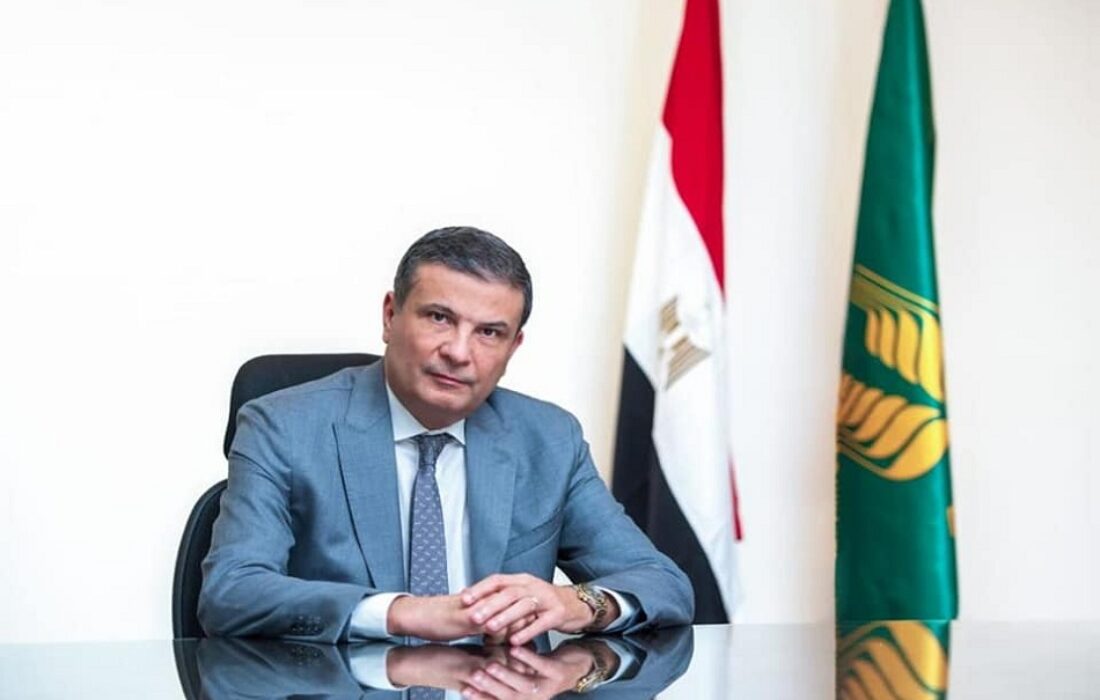President Abdel Fattah El Sisi has officially approved the FinTech and the Unified Budget Acts. The FinTech Act makes the Financial Regulatory Authority (FRA) the only entity in charge of licensing and regulating FinTech companies. It also sets transparency and governance standards and protects consumer rights.
“The purpose of the FinTech Law is to regulate those working in the non-banking financial sector such as consumer financing using digital platforms among other sectors,” Rehan El-Bashary, Partner at Shahid Law Firm, told Waya.
El-Bashary explained to us that FinTech Startups will now be able to:
- obtain a temporary license with a maximum of two years
- be exempted from paying the licensing fees (currently set at a maximum of EGP 50,000)
- have a grace period of six months starting from the date of issuance of the Executive Regulations for companies that are governed thereunder to adjust/legalize their position.
“I see the new FinTech Law as an important initiative made by the Financial Regulatory Authority (the “FRA”) for developing the non-banking financial sector. The issuance of the Law will most definitely increase the user base of those platforms, thus, eventually reaching the financial inclusion. The Law introduced the concept of a FinTech Sandbox which would allow those with innovative ideas in the Non-banking FinTech sector to test their apps on real customers under the supervision of the FRA,” El-Bashary added.
The Unified Act Budget requires the government to be more transparent in how it plans public finances, forcing it to present an annual medium-term budgetary and fiscal strategy to the House of Representatives and set spending limits for each ministry.
“The question remains with regards to the licensing requirements of startups providing Buy Now Pay Later (BNPL) services in Egypt and whether or not they are governed by the new FinTech Law or separate legislation will be issued in this regard. I hope to see more clarity on this matter in the upcoming Executive Regulations of the FinTech Law,” El-Bashary concluded.
If you see something out of place or would like to contribute to this story, check out our Ethics and Policy section.










